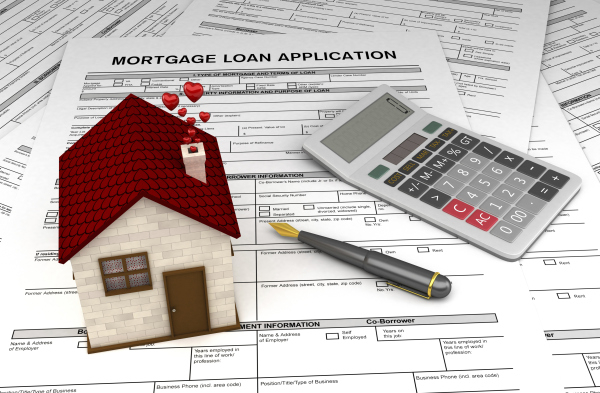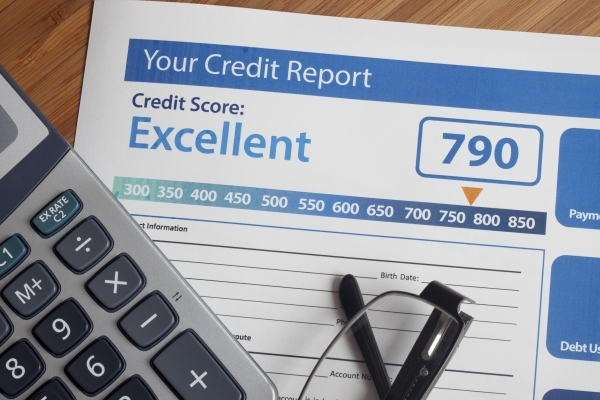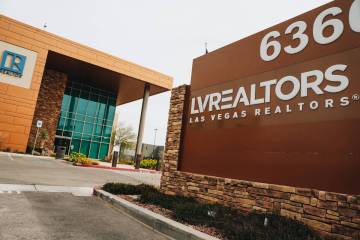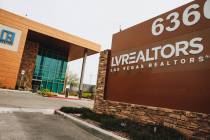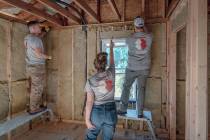11 must-do’s for the first-time homebuyer
Are you a first-time home buyer eager to get into the market? Here are steps to decide whether you're ready to take the plunge.
1. Check the selling prices of comparable homes in your area. Do a quick search of actual multiple listing service, or MLS, listings in your area on a number of websites, including the National Association of Realtors.
2. Use a mortgage calculator to get an idea of what your monthly mortgage payments would be if you bought today.
3. Find out what your total monthly housing cost would be, including taxes and homeowners insurance. In some areas, what you will pay for your taxes and insurance escrow can almost double your mortgage payment.
To get an idea of what you will pay in insurance, pick a property in the area where you want to live and make a call to an insurance agent for an estimate. You won't be obligated to get the insurance, but you will have a good idea of what you will pay if you do buy. For an idea of what you will pay in taxes, check your property appraiser's website. Just remember that exemptions and the intricacies of local tax law can create differences between what a homeowner is currently paying and what you can expect to pay as a new homeowner.
4. Find out how much you probably will pay in closing costs. The upfront cost of settling on your home shouldn't be overlooked. Closing costs include origination fees charged by the lender, title and settlement fees, taxes and prepaid items like homeowners insurance or homeowners' association fees. You can see what closing costs average in your state by looking at Bankrate.com's annual closing cost survey.
5. Look at your budget and determine how a house fits into it. Fannie Mae recommends that buyers spend no more than 28 percent of their income on housing costs. Go much past 30 percent and you risk becoming house poor.
6. Talk to reputable Realtors in your area about the real estate climate. Do they believe prices will continue falling or do they think your area has hit bottom or will rise soon?
7. Remember to look at the big picture. While a buying a house is a great way to build wealth, maintaining your investment can be labor-intensive and expensive. When unexpected costs for new appliances, roof repairs and plumbing problems crop up, there is no landlord to turn to, and these costs can quickly drain your bank account.
So consider whether you're ready for the expense and effort of homeownership before pulling the trigger.
Prepare for the hunt
If the numbers make sense for you, taking a few steps at the beginning of the homebuying process can save you time, money and aggravation.
1. Examine your credit. Right now, blemished credit or the inability to make substantial down payment can put the kibosh on your homeownership plans. That's why it pays to look at your creditworthiness early in the homebuying process. Get your free annual credit report and comb through it for errors and unresolved issues. If you find mistakes, contact the credit reporting bureau to make sure they are corrected. It's also a good idea to get your FICO score, which will cost you a small fee.
2. Get your docs in a row. Collect pay stubs, bank account statements, W-2s, tax returns for the last two years, statements from current loans and credit lines, and names and addresses of your landlords for the past two years. Have them ready to show to the lender. This may seem like a lot, but in this age of tight credit, don't be surprised if your lender needs a lot in the way of documentation.
3. Find lenders and get preapproved. Getting preapproved for a mortgage helps you bargain from a position of strength when you are house hunting. The institution where you bank and a local credit union are good places to start your search. Use Bankrate's mortgage rates tool to find lenders offering the best rates in your area. Applying to multiple lenders in the same month helps increase your chances of getting a loan approved at the best rate possible without dinging your credit score too much.
4. If at first you don't succeed, try, try ... the government? If you can't find a bank willing to lend to you — and in the current tight credit market, it's possible you won't — consider getting an FHA loan. The Federal Housing Administration has a program that insures the mortgages of many first-time homebuyers. As a result of this guarantee, lenders who might otherwise feel queasy about your qualifications will be more inclined to lend to you. As a bonus, the FHA requires an only 3.5 percent down payment from first-time homebuyers.



